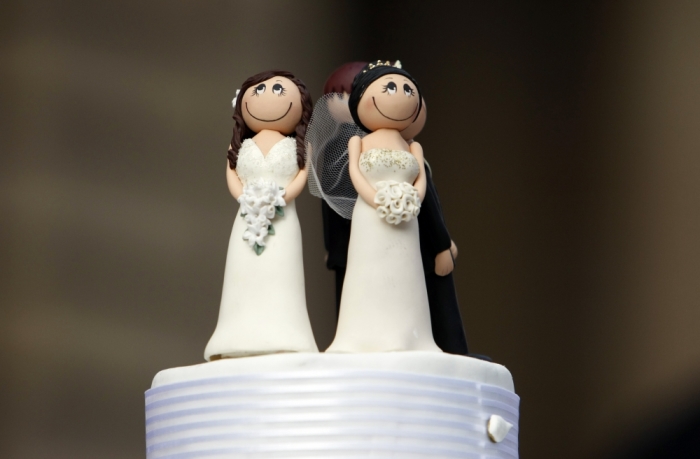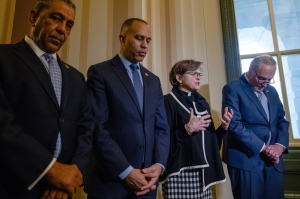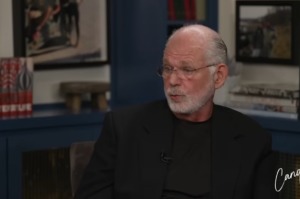Arizona Christian Artists May Face Jail Time for Refusing to Service Gay Wedding

A pair of Christian artists may face several months in prison for refusing to make wedding invitations for a same-sex ceremony due to an Arizona city ordinance.
Joanna Duka and Breanna Koski of Brush & Nib Studio are appealing a court decision from a September ruling against their lawsuit, claiming that a Phoenix city ordinance violates their freedom of expression and freedom of religion.
Duka and Koski are being represented by the Alliance Defending Freedom, a conservative law firm that often tackles religious liberty cases.
ADF attorney Kristen Waggoner, who is representing the two artists, said in an interview last week on the Fox News program "The Kelly File" that the case "involves artistic expression."
"The issue here is whether the government can force artists to create art in violation of their convictions and this ordinance actually imposes jail time potentially on artists as well as fines," stated Waggoner.
"Six months in jail for every day Joanna and Breanna are not in compliance. We don't force artists to create artistic expression under threat of jail time."
In May, Duka and Koski filed suit against the City of Phoenix arguing that Phoenix City Code Section § 18.4(B) violates their religious freedom.
Titled "Discrimination in public accommodations," the city code section bars discrimination "in places of public accommodation against any person because of race, color, religion, sex, national origin, marital status, sexual orientation, gender identity or expression, or disability."
"No person shall, directly or indirectly, refuse, withhold from, or deny to any person, or aid in or incite such refusal, denial or withholding of, accommodations, advantages, facilities or privileges thereof because of race, color, religion, sex, national origin, marital status, sexual orientation, gender identity or expression, or disability nor shall distinction be made with respect to any person," continued the ordinance.
"It is unlawful for any owner, operator, lessee, manager, agent or employee of any place of public accommodation to directly or indirectly display, circulate, publicize or mail any advertisement, notice or communication which states or implies that any facility or service shall be refused or restricted because of race, color, religion, sex, national origin, marital status, sexual orientation, gender identity or expression, or disability."
City Code Section § 18.4(B) did include an exemption for "bona fide religious organizations" regarding "the prohibitions concerning marital status, sexual orientation, or gender identity or expression." However, this exemption did not apply to businesses.
Filed as a "pre-enforcement civil rights lawsuit," Duka and Koski's suit argues that by not protecting for-profit like their artistic business the ordinance should be declared "unconstitutional."
"Phoenix law strips artists of their freedom to choose what to create and what to say in the marriage context," read the suit.
"These provisions also prevent Plaintiffs from explaining why they only support one-man/one- woman marriage and why they cannot create art for marriages (such as same-sex marriages) that contradict their religious beliefs about marriage."
In September, Arizona Superior Court Judge Karen A. Mullins ruled against the suit, concluding among things that the act of creating a wedding invitation for a same-sex ceremony "does not compel Plaintiffs to convey a government mandated message, such as an endorsement or pledge in favor of same-sex marriages, nor does it convey any message concerning same-sex marriage."
"It is absurd to think that the fabricator of a wedding invitation for a same-sex couple has endorsed same-sex marriage merely by creating or printing that invitation," wrote Judge Mullins.
"Moreover, there is nothing about the creative process itself, such as a flower or vine or the choice of a particular font or color, that conveys any pledge, endorsement, celebration, or other substantive mandated message by Plaintiffs in regard to same-sex marriage."





























